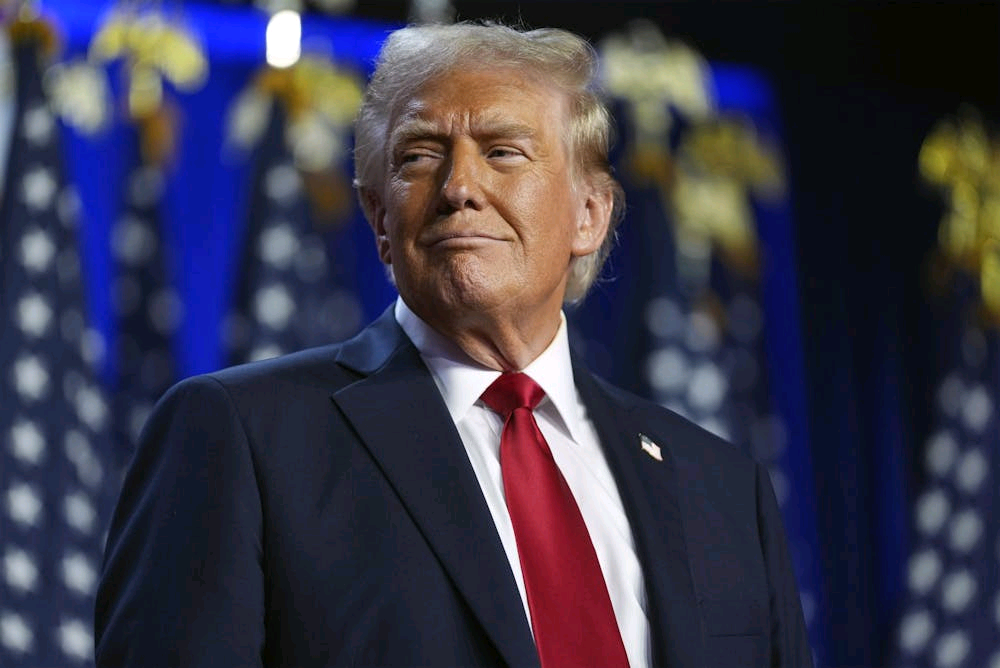It all started with a bang. When Donald Trump announced new tariffs, the U.S. stock market lost over $6.5 trillion in just days. Investors got nervous. Global markets shook. And then, unexpectedly, Trump decided to take a break for 90 days.
In a previous article, Bismarck Rewane, CEO of Financial Derivatives Company (FDC), was quoted as saying that raising tariffs were ‘a very bad idea.’
He explained this using the ideas of David Ricardo, an old-school economist, who believed that trade benefits everyone.
When countries trade, they share resources like land, climate, and ideas. But when trade is blocked by tariffs, everyone ends up paying more for goods.
Paul Krugman, a Nobel Prize-winning economist, put it simply: “Trade protectionism sounds good, but it’s dangerous. It makes you think you’re winning, even when the economy is actually losing.”
That’s exactly what started to happen. As Trump pushed forward with tariffs, American companies and investors began feeling the pain. Prices went up, businesses got nervous, and regular people paid more for things. The stock market reacted quickly and badly.
Now, Trump has decided to pause some of these tariffs for 90 days. But the tariffs on China, America’s biggest rival, remain in place. This shows that this isn’t just about fair trade but about power and who gets to control the global economy, experts say.
Analysts stress that Trump made a mistake by slapping tariffs on over 25 countries at once, noting that the US president has initiated a cacophony of bad policies since he came on board in January.
They note that economic policies need careful thought and planning, stressing that if leaders act too quickly without thinking things through, the people end up suffering, as seen in the concept known as the ‘cobra effect.’
The cobra effect occurs when a solution to a problem actually makes it worse. The name comes from a story in colonial India, where the government paid people to kill cobras.
It worked at first, but then people started breeding cobras just to collect the money. In the end, there were even more cobras than before.
“That’s what happens when policies like tariffs are rushed or not well-planned. You might think you’re protecting the economy, but you could end up making things worse,” an economist said.
When President Bola Ahmed Tinubu decided to remove fuel subsidies on his first day in office, many experts praised the move. It seemed like a bold step in the right direction
But the problem wasn’t the decision itself but the fact that no safety nets were put in place to help poor Nigerians who felt the immediate effects. The results were higher prices, angry citizens, and a struggling economy.
Trump’s ‘America First’ plan has the same problem. “He wants to bring factories and jobs back to the U.S., which sounds good. But he’s not talking about the real costs. Manufacturing goods in America is expensive because workers earn higher wages. That’s why companies still rely on places like China, where things are cheaper to make,” another economist noted.
“But here’s the twist: Trump paused tariffs for most countries except China. This shows that this trade war isn’t about fairness it’s about who gets to make the rules in the world economy.”
Experts say countries like Nigeria are watching closely, hoping to take advantage. One social media user put it this way: “We have a population of over 220 million people. Our purchasing power may be low, but with systems like NIN, BVN, and fintech tools, we can manage risks. Bring your goods, we’ll buy.”
Though might be true, Trump’s tariffs offer a lesson for both Nigeria and the U.S.: big decisions need careful planning. Analysts say leaders will have to backtrack, and ordinary people will end up paying the price.

